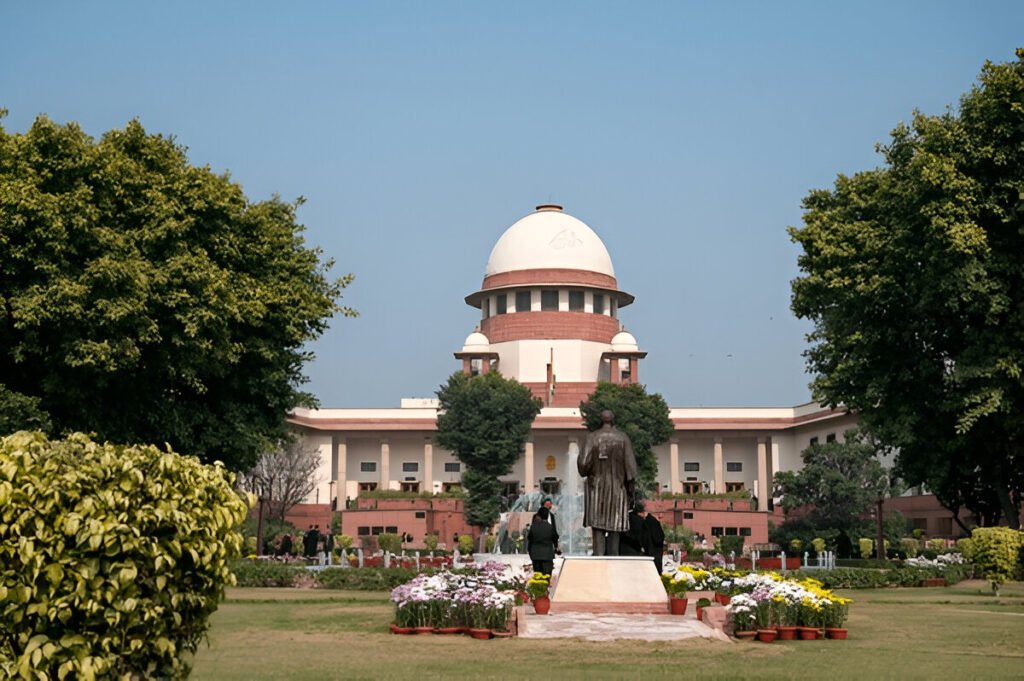In a landmark judgement in gender equality rendered by Supreme Court of India through Justice Vikramjit Sen & Justice Abhay Manohar Sapre the unwed mother must be recognized as the legal guardian of her child and under no circumstances she may be forced to disclose the name of the father.
The Supreme Court was deciding the guardianship petition/case filed by the women who challenged the statutory necessity of disclosing the name of the father with whom she never married under the Guardianship and Wards Act, 1890. She claimed that father even don’t know about the child existence. The mandatory requirement of Guardians and Wards Act and the Hindu Minority and Guardianship Act is that a notice be sent to the child’s father to obtain his consent when a petition for guardianship is moved.
The Supreme Court described the young women as “well-educated, employed gainfully and secured financially” who has refused to disclose the name of the biological father of the child. She claimed that guardianship right and reasoned that the man who is already married never showed any interest towards the child. The guardianship right shall be given to her exclusively so that her child can inherit her assets.
The bench of Justice Vikramjit Sen & Justice A.M. Sapre help that where the father does not show any concern about his child, giving him a legal acknowledgement would be an exercise in vain. The Court allowed the women to apply for guardianship without disclosing the name of the biological father and further said that there was “no need to insist on the father’s name” and that in the case of an unwed mother, her “name is sufficient”.
